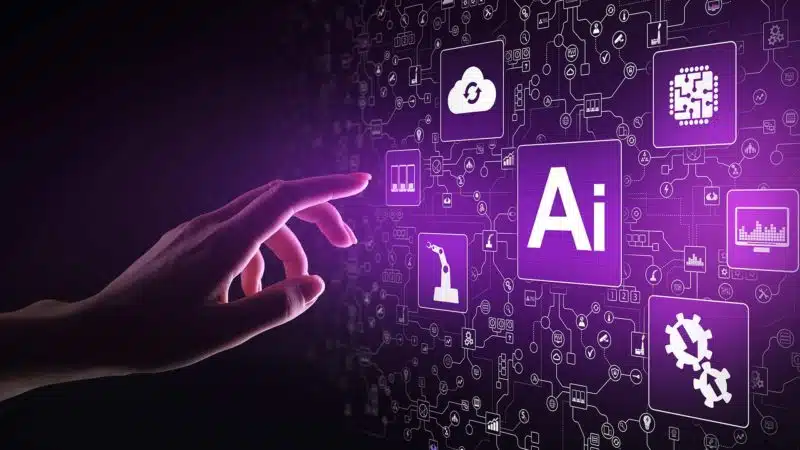Search engines have long been the gateway to the internet. But in 2025, that gateway looks very different from what it did just a few years ago. Thanks to the rise of Artificial Intelligence (AI), user behavior is shifting in real-time—changing how people search, what they expect from results, and even where they search.
From traditional search engines like Google to AI chatbots like ChatGPT and Gemini, user trends are evolving rapidly. Let’s explore how AI is reshaping the landscape of search—and what it means for the future of online discovery.
🔍 1. People Are Asking Questions Like They Talk
AI tools have made users more conversational in the way they search. Instead of typing in robotic keywords like “best laptop 2025”, users are now more likely to ask:
- “What’s the best laptop for video editing under $1500?”
- “Which phone has the best battery life for travel in 2025?”
- “Can I use a tablet as a second monitor for my MacBook?”
AI chat interfaces encourage natural language queries, which means users expect contextual, complete answers—not just a list of links.
💡 2. Search Isn’t Limited to Google Anymore
In the past, Google dominated almost every search behavior. But now, AI-powered platforms like ChatGPT, Bing Copilot, and Perplexity.ai are changing the game.
Many users now start their research:
- In AI chatbots, looking for instant summaries and personalized answers
- On voice assistants, asking Siri, Alexa, or Google Assistant
- Inside e-commerce apps, where they rely on smart filters and recommendation engines
This shift is fragmenting search behavior—and brands need to optimize beyond just Google to stay visible.
⚙️ 3. Users Expect Instant, Actionable Answers
The days of scrolling through ten blue links are fading. AI is teaching users to expect direct answers, fast results, and even automated suggestions.
Examples of what users now expect:
- A summary of pros and cons for a product such as best credit card with free lounge access in Malaysia
- A step-by-step guide instead of a full blog post
- An AI-curated comparison chart pulled from multiple sources
This is especially true in industries like tech, health, travel, and finance—where speed and accuracy are everything.
🧠 4. Search Is Becoming Personalized—Even Predictive
AI is learning not just what we ask, but why we ask. With more data, AI tools can anticipate needs and surface results before users even complete their query.
Imagine:
- Typing “best laptops” and instantly seeing options based on your past purchases or browsing habits
- Searching for “credit card rewards” and getting suggestions that match your income bracket and spending history
- Asking about “tech reviews” and being shown posts from sites you’ve visited frequently—like BrightSideOfNews or https://www.TechWhoop.com
Personalized search results are now the norm, not the exception.
🔐 5. Privacy Concerns Are Changing How People Search
With AI processing more of our data, users are becoming more cautious about how and where they search.
We’re seeing a rise in:
- Anonymous browsing tools
- Privacy-focused search engines like DuckDuckGo or Brave
- Limited keyword usage to avoid being tracked by algorithmic patterns
AI is powerful, but it’s also making users rethink how much they’re willing to share—especially when search tools start feeling too smart.
🔄 6. SEO Is Evolving to Meet AI Expectations
Because AI search tools summarize, filter, and synthesize data, traditional SEO practices are no longer enough. Content now needs to be:
- Structured for AI understanding (with clean HTML, schema, and summaries)
- Context-rich, not just keyword-stuffed
- Visually digestible, with bullet points, FAQs, and scannable sections
Creators are also optimizing for voice search, AI scraping, and featured snippets—because in many AI-generated answers, only one or two sources get visibility.
Conclusion: The AI-Driven Future of Search
AI is no longer just a search engine add-on—it’s becoming the engine itself. It’s reshaping how users think, how they search, and how they expect information to be delivered.
For users, this means faster, smarter, more relevant results.
For brands, it means adapting to conversational, AI-first platforms and rethinking how visibility works in a world where the top link isn’t always what users see.
Search is changing fast—and AI is at the heart of it.






